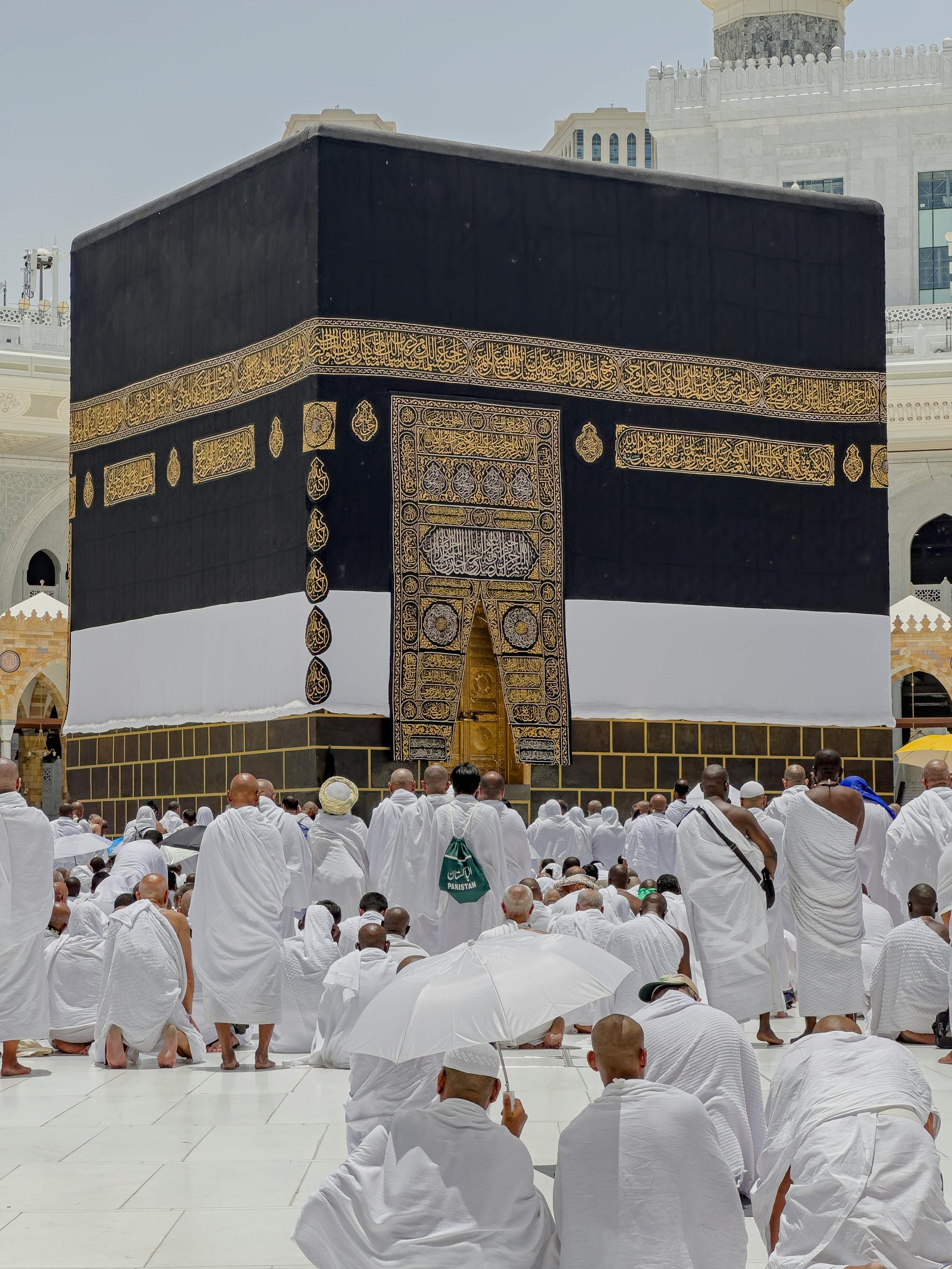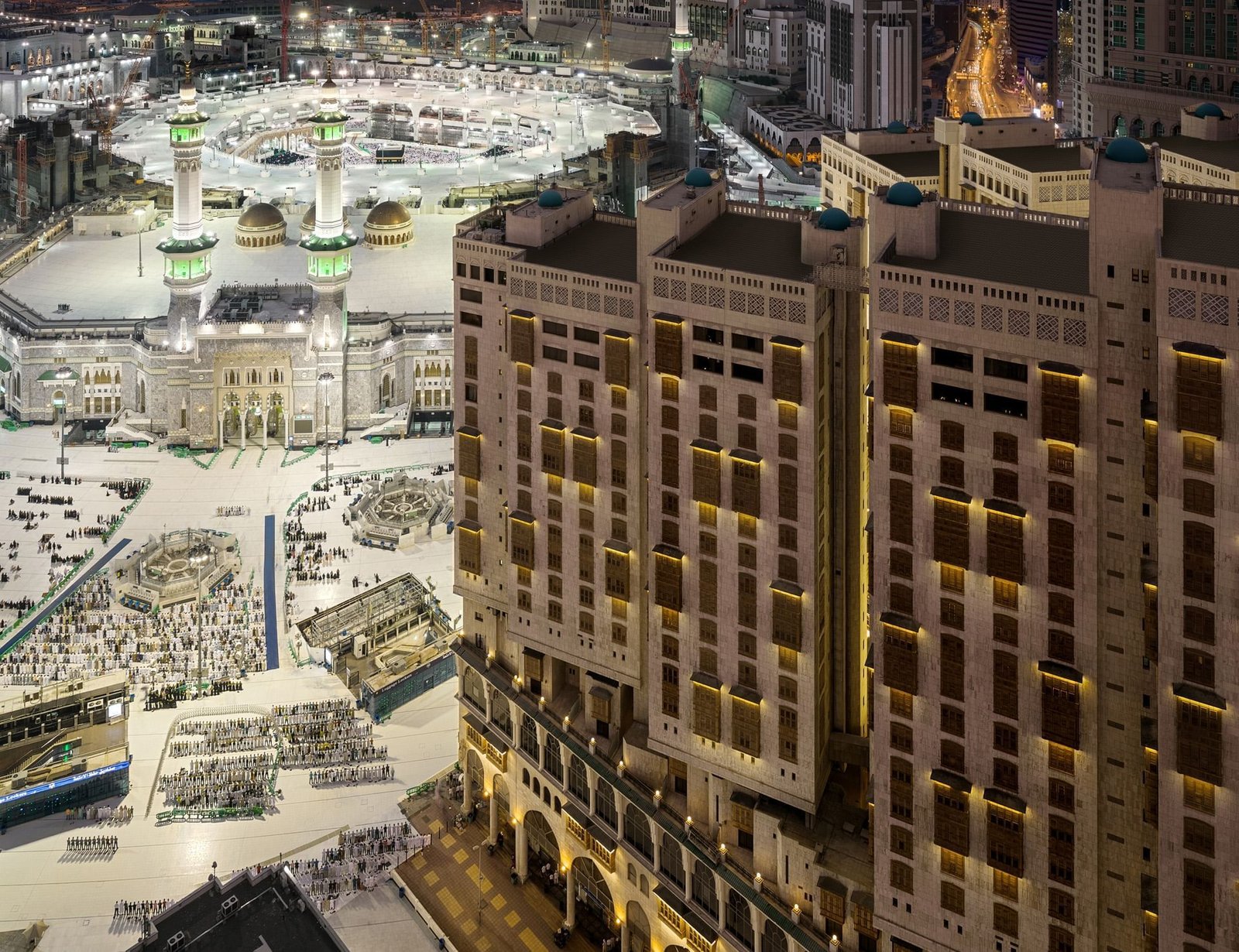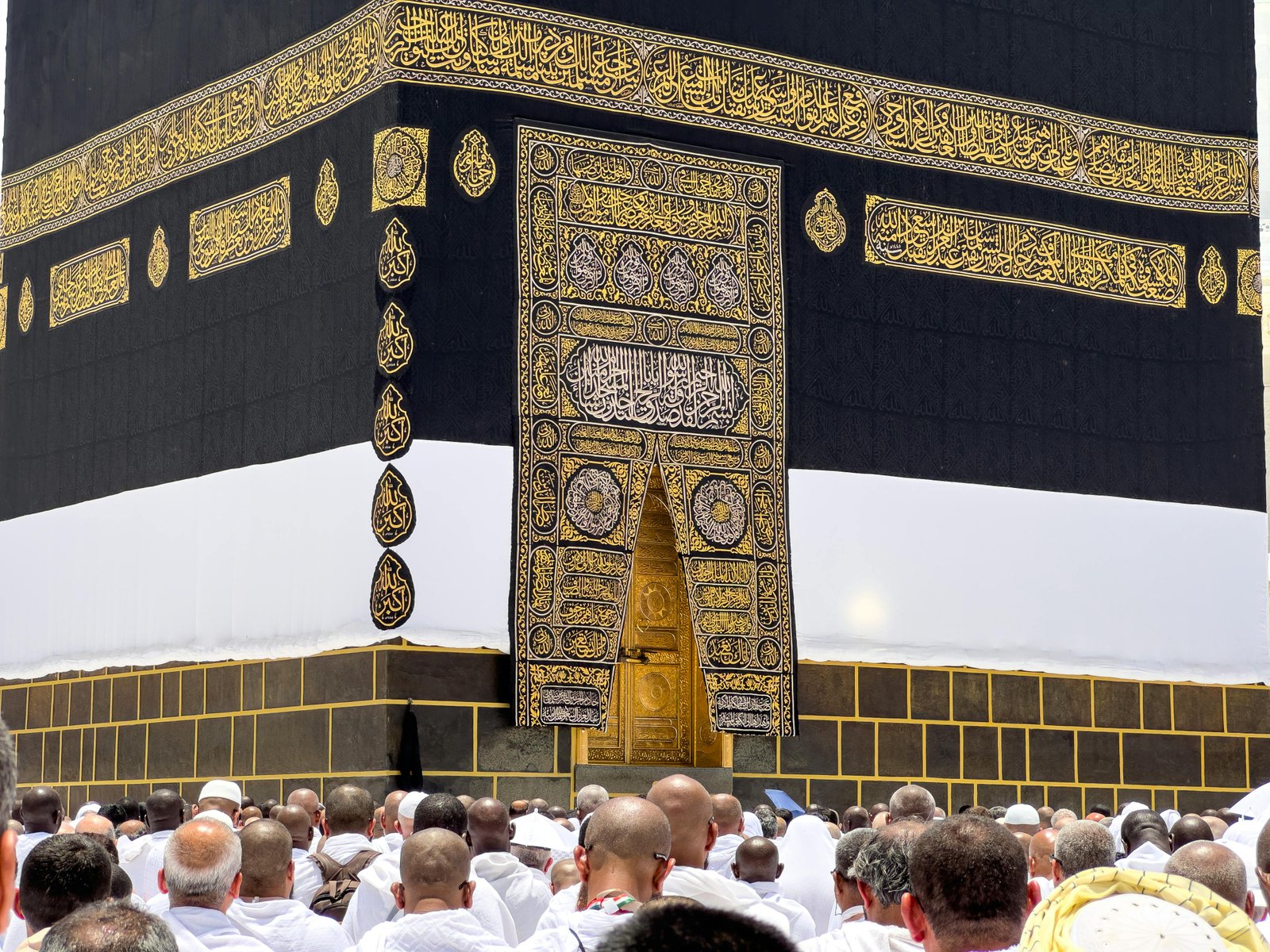Hajj Selfie Fever
After sacrificing the animals and cutting their hair Muslim pilgrims eventually completed the 2014 Hajj. In fact, two million pilgrims have already left Saudi Arabia to be with their loved ones at home on Monday after concluding this amazing journey, according to the latest update. During the holy journey pilgrims have experienced some great things apart from some difficulties. But this year they have observed a new elements well while performing Hajj in Makkah. Taking selfies, yes you heard it right.
Many pilgrims have been seen taking their selfies at Hajj during this year. This has given birth to a new trend since the Saudi authorities allowed the pilgrims to take their camera phones inside the Grand Mosque. As a result, now pilgrims were seen taking their selfies while kissing the black stone (Hajra e Aswand), walking around Khana Kaaba, standing close to Al-Safa and Al-Marva. Or near the green dome of Masjid Nabvi, selfie fever has struck the pilgrims like storm.
However, there still are some people who are against this new trend of taking selfies or own pictures. They believe that Hajj is “a pilgrimage that contains no boasting or showing of[f]” according to Arab News. Several Islamic scholars are also against this ‘touristy behavior’ as they had strongly condemn the act of taking own pictures. One such famous scholar, who is against this new trend, is Sheikh Abdul Razzaq Al-Badr. The famous scholar has warned the Muslims not to take their photos during Hajj.
The Sheikh said that, after arriving in the Miqaat our beloved Holy Prophet (Peace Be Upon Him) prayed to Allah by saying, “0 Allah make this a Haj without riya (showing off) and without trying to be heard of.” According to Abdul Razzaq Al-Badr this supplication was then followed by action, but today people taking pictures while throwing stones in Jamarat or performing Tawaaf. Al-Badr said that it gives you the feel as if the sole purpose of undertaking this journey was just to take pictures instead of worship.
That’s not all, some pilgrims have even claimed that camera phones have caused lot of distraction during prayer time. As Arab News reported that one pilgrim has complained while he was offering his Jumma prayer, he got distracted on number of occasions. When numerous pilgrims kept coming in front of him from time to time to film the sermon (khutba).
Many pilgrims have been seen taking their selfies at Hajj during this year. This has given birth to a new trend since the Saudi authorities allowed the pilgrims to take their camera phones inside the Grand Mosque. As a result, now pilgrims were seen taking their selfies while kissing the black stone (Hajra e Aswand), walking around Khana Kaaba, standing close to Al-Safa and Al-Marva. Or near the green dome of Masjid Nabvi, selfie fever has struck the pilgrims like storm.
However, there still are some people who are against this new trend of taking selfies or own pictures. They believe that Hajj is “a pilgrimage that contains no boasting or showing of[f]” according to Arab News. Several Islamic scholars are also against this ‘touristy behavior’ as they had strongly condemn the act of taking own pictures. One such famous scholar, who is against this new trend, is Sheikh Abdul Razzaq Al-Badr. The famous scholar has warned the Muslims not to take their photos during Hajj.
The Sheikh said that, after arriving in the Miqaat our beloved Holy Prophet (Peace Be Upon Him) prayed to Allah by saying, “0 Allah make this a Haj without riya (showing off) and without trying to be heard of.” According to Abdul Razzaq Al-Badr this supplication was then followed by action, but today people taking pictures while throwing stones in Jamarat or performing Tawaaf. Al-Badr said that it gives you the feel as if the sole purpose of undertaking this journey was just to take pictures instead of worship.
That’s not all, some pilgrims have even claimed that camera phones have caused lot of distraction during prayer time. As Arab News reported that one pilgrim has complained while he was offering his Jumma prayer, he got distracted on number of occasions. When numerous pilgrims kept coming in front of him from time to time to film the sermon (khutba).




